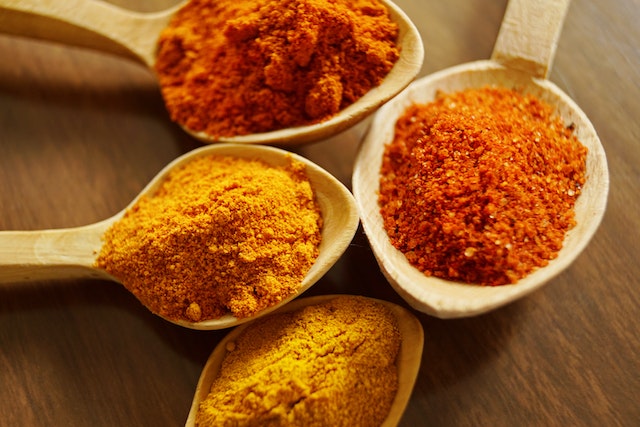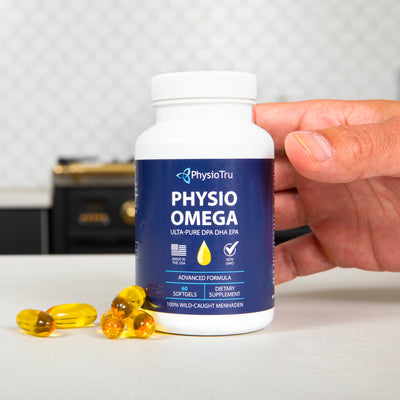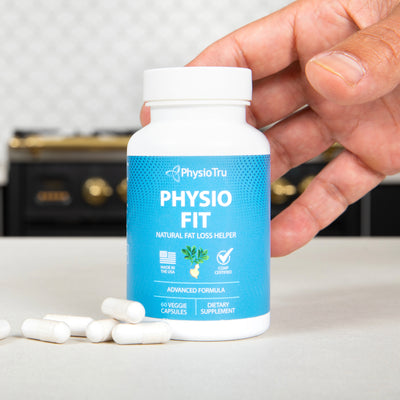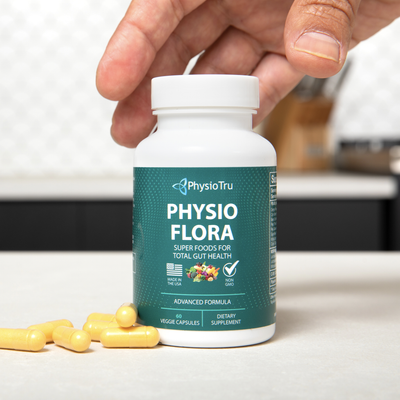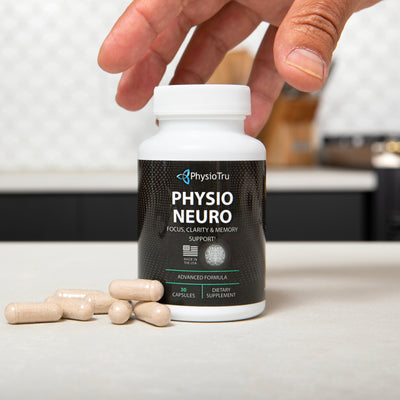When it comes to promoting heart health, a balanced diet is key. While we often focus on reducing unhealthy fats and increasing our intake of fruits and vegetables, we shouldn't overlook the incredible benefits that herbs and spices can provide. Not only do they add delightful flavors and aromas to our meals, but many of them also possess potent properties that can support cardiovascular wellness. In this blog post, we'll explore some of the heart healthiest herbs and spices you can incorporate into your daily routine to give your heart a natural boost.
- Turmeric:
Turmeric, a vibrant yellow spice commonly found in Indian cuisine, has gained significant attention for its potent anti-inflammatory properties. Curcumin, the active compound in turmeric, has been shown to help reduce inflammation, oxidative stress, and cholesterol levels—all of which are key factors in maintaining a healthy heart. Add a pinch of turmeric to your curries, soups, or smoothies for a delightful boost of flavor and heart-protective benefits.
- Garlic:
Garlic has long been celebrated for its culinary prowess, but it also possesses remarkable heart health benefits. Its active compound, allicin, is known for its blood pressure-lowering effects and its ability to help reduce cholesterol levels. Regular consumption of garlic may also improve arterial function and lower the risk of blood clots. Incorporate fresh garlic into your meals whenever possible or consider garlic powder as a convenient alternative.
- Cinnamon:
Cinnamon not only adds a warm and comforting flavor to baked goods and beverages, but it also has impressive heart health benefits. Studies have shown that cinnamon may help lower blood pressure, reduce LDL cholesterol (the "bad" cholesterol), and improve blood sugar control. Sprinkle a teaspoon of cinnamon onto your morning oatmeal, yogurt, or coffee for a delicious and heart-healthy start to your day.
- Ginger:
Ginger, known for its distinctive zingy flavor, is a powerful anti-inflammatory spice with numerous cardiovascular benefits. It can help lower blood pressure, reduce cholesterol levels, and decrease oxidative stress. Additionally, ginger may enhance blood circulation and prevent the formation of blood clots. Whether you grate fresh ginger into stir-fries, brew it into tea, or add it to your smoothies, this versatile spice is a wonderful addition to your heart-healthy arsenal.
- Rosemary:
Rosemary is an aromatic herb that not only adds a fragrant touch to your dishes but also supports heart health. It contains compounds that possess anti-inflammatory and antioxidant properties, which can help protect against cardiovascular diseases. Rosemary extract has been shown to reduce LDL cholesterol levels and improve blood vessel function. Add rosemary to roasted vegetables, grilled meats, or homemade salad dressings to elevate both the taste and heart-protective benefits of your meals.
Conclusion:
Incorporating heart healthiest herbs and spices into your diet is a simple and flavorful way to support your cardiovascular well-being. Whether you choose to sprinkle turmeric on your dishes, savor the pungent flavor of garlic, embrace the warmth of cinnamon, enjoy the zesty kick of ginger, or add the fragrant touch of rosemary, these culinary treasures offer more than just taste. By harnessing their natural properties, you can enhance your heart health while creating delicious, nourishing meals. So, let your kitchen become a sanctuary of flavors and wellness as you unlock the potential of these heart-healthy herbs and spices.
Remember, while herbs and spices can provide health benefits, they should complement an overall balanced diet and lifestyle. If you have any underlying health conditions or concerns, it's always best to consult with a healthcare professional for personalized advice.

